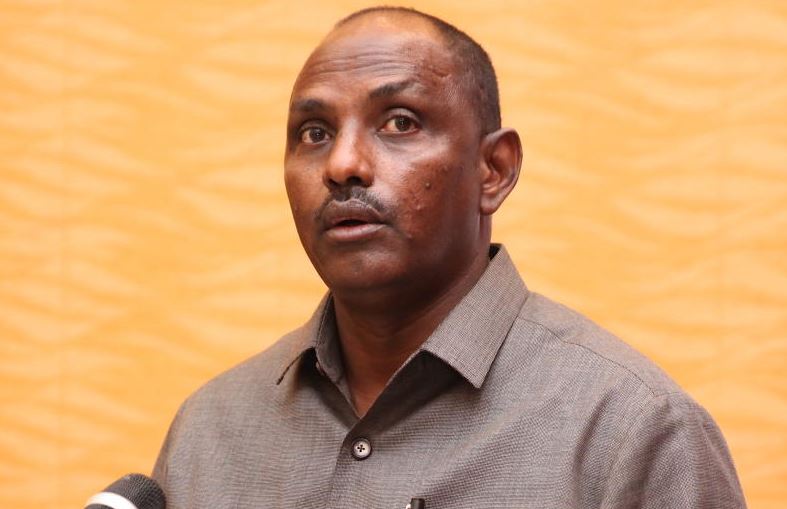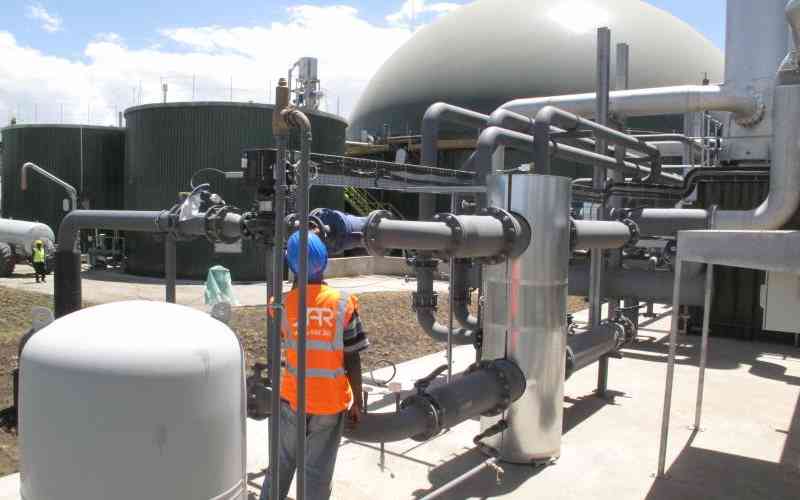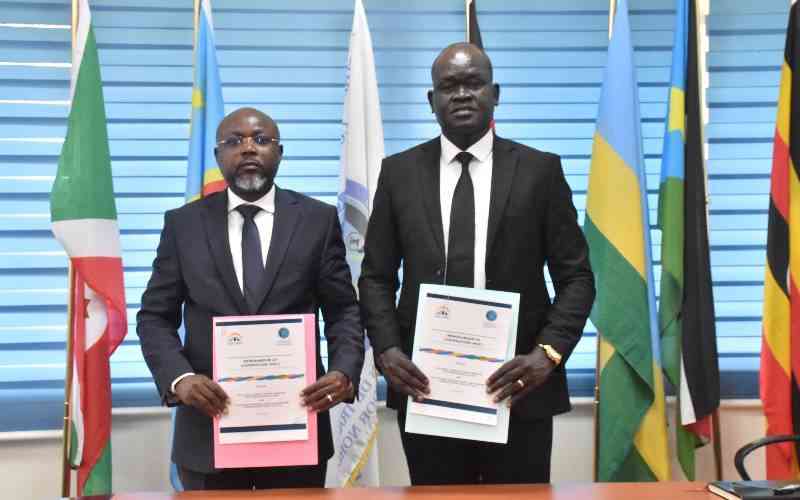×
The Standard e-Paper
Home To Bold Columnists

The first month of the year is normally a period of regret for many people after they splurged during the festive season.
They are hit by overwhelming guilt, especially when the realities of ‘Njaanuary’ set in. They can’t pay fees, and struggle to explain to their children they wasted the money in December – and some of it was borrowed.







